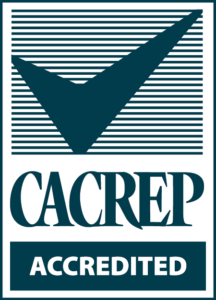MA in Counseling (533)
The 60-hour Counseling Program at Northwestern University prepares graduates for professional practice in the field of counseling in two program concentration areas: School Counseling (533B) and Clinical Mental Health Counseling (533A). The program is housed within the Gallaspy School of Education and Human Development and is part of the School of Education. The University is accredited by the Southern Association of Colleges and Schools Commission on Colleges (SACSCOC), and the College is accredited by the Council for the Accreditation of Educator Preparation (CAEP). The Counseling Program is fully accredited by the Council for Accreditation of Counseling and Related Educational Programs (CACREP).
Students may enroll full-time or part-time. This program is not 100% online. Approximately half of the program courses are online; the other half are offered face-to-face on the Natchitoches campus.
Graduates of both concentrations meet the current academic requirements for state of Louisiana licensure as a Licensed Professional Counselor (LPC), as well as most other states, and requirements for the National Certified Counselor (NCC) credential. Graduates of the School Counseling concentration meet current requirements for Louisiana certification in school counseling and the National Certified School Counselor (NCSC) credential. All students are required to pass a comprehensive examination near the end of their program and complete either a thesis or project-in-lieu of thesis. No particular undergraduate degree or teaching certificate is required for admission to the program. The Counseling Program is accredited through October 31, 2031.

